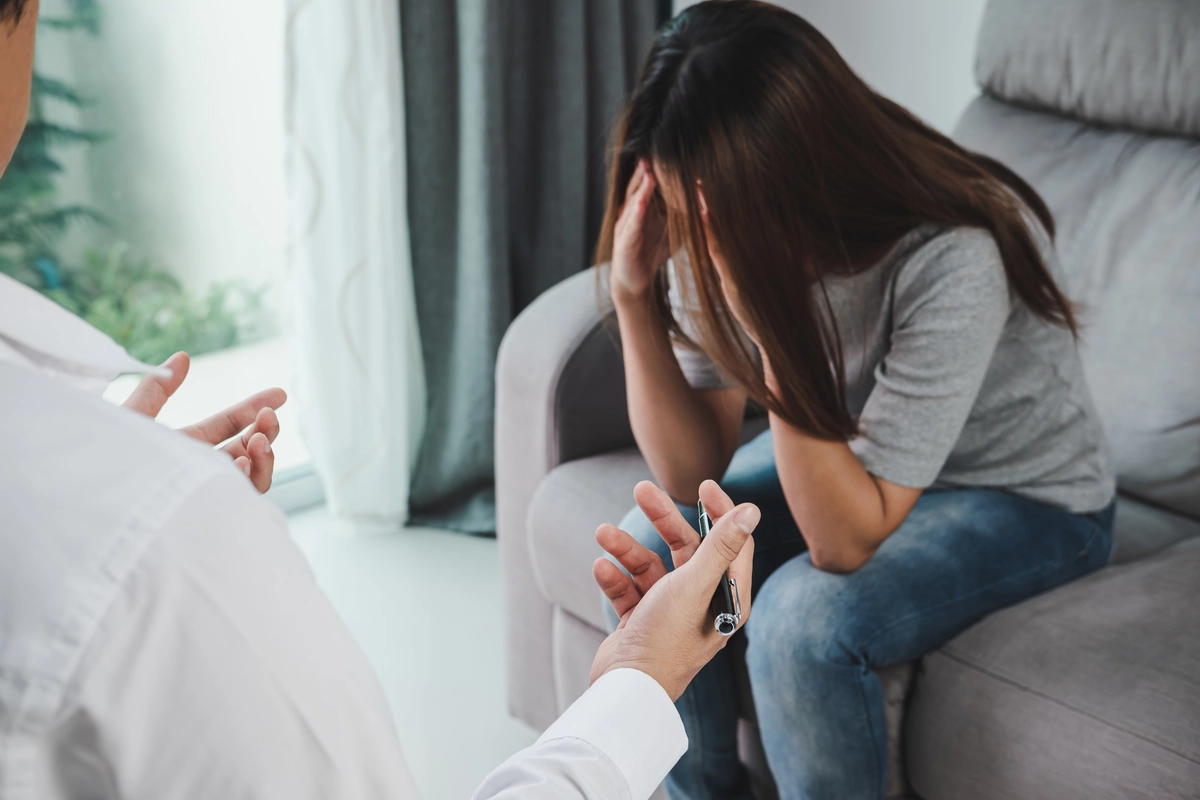24/7 Helpline:
(866) 899-221924/7 Helpline:
(866) 899-2219
Learn more about PTSD Treatment centers in Chase County

Other Insurance Options
Beacon

Highmark

Private insurance

BlueShield

Group Health Incorporated

Ceridian

MHNNet Behavioral Health

EmblemHealth

Optima

WellCare Health Plans

Ambetter

Excellus

Horizon Healthcare Service

Holman Group

Covered California

Health Net

AllWell

WellPoint

Health Choice

Premera





































































































